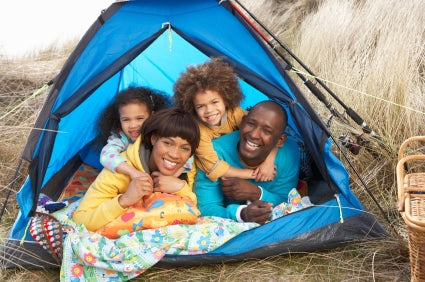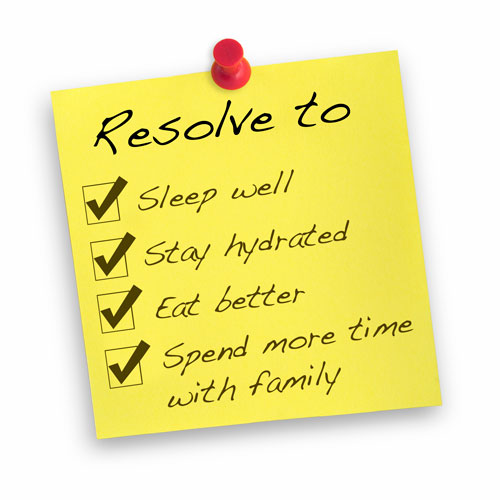One of the most meaningful resolutions you make this year might be to spend more time with your family. Research shows that people with satisfying family interactions are healthier, not to mention happier and more successful.*
We’re not psychologists but from our preparedness perspective we've come up with some good ways for you to spend more time with your family and friends.

1. Make more meals from food storage.
You’d be surprised at the versatility and flavor that you can get out of a #10 can! We sell a lot of products that are very easy to prepare. Buying a just-add-water entrée can save you hours in the kitchen. Next time you’re hankering for a hearty, delicious meal but don’t have the oomph to cook it, whip up a Preparedness Pantry meal. Even if you prepare something from individual ingredients all you have to do is heat water and stir. And though we say so ourselves, our Beef and Barley soup recipe is pretty darn good. Click here for recipes.
2. Plan and execute an emergency drill.
What’s that old adage? The family that plans together sticks together? Going through an emergency drill, for any emergency scenario, can teach you a lot about your family. You might learn which of your kids has a knack for knot-tying, your wife may turn out to be a dab hand at fire starting, or you might Replace that your husband needs to spend a little more time practicing his first aid. Click here for help planning.
3. Build an indoor shelter.
Nothing says “cozy night in” like cuddling under a shelter made of couch cushions and blankets. Knowing how to build an indoor shelter may help keep you warm in a winter crisis. The point of this tiny heat shelter is to maximize your body heat to keep you warm. The important thing is to only leave enough room for each person. This pretty much leaves you with family discussion for entertainment. Ask for your family’s favorite vacation memories, or their favorite birthday. Tell funny stories, like the time Uncle John made you laugh so hard your sides hurt. Get Mom to do her best Dad impersonation, and see how long it takes Dad to start snoring. See our post for instructions on how to build the shelter.
4. Practice your survival skills on a family camping trip.
The trick here is to figure out what you know so you can work on what you don’t know. Can you build a fire? Can you cook more than hot dogs and s’mores over an open fire? Do you know how to pitch a tent? Can you hang a clothesline so that it won’t fall? Can you identify poisonous plants? Do you know what to do if someone gets a puncture wound? Do you even know what a puncture wound is?
 If your family thinks roughing it is what happens when you sleep in a hotel, start out easy. Try spending the night in your back yard, or pick a campsite that you can drive to. Make sure to include foods that your family likes, and think of some games that will help them learn skills and have fun. Click here for a list of skills.
If your family thinks roughing it is what happens when you sleep in a hotel, start out easy. Try spending the night in your back yard, or pick a campsite that you can drive to. Make sure to include foods that your family likes, and think of some games that will help them learn skills and have fun. Click here for a list of skills.
We would love to hear how these activities worked out for you, your family, and your friends. Personalized experiences are always the most memorable so we’d also really like to hear about any preparedness-related activities that you’ve come up with. Most of all, if you get to spend more time with your family and friends let us know in the comments below!
*http://www.health.harvard.edu/press_releases/the-health-benefits-of-strong-relationships

